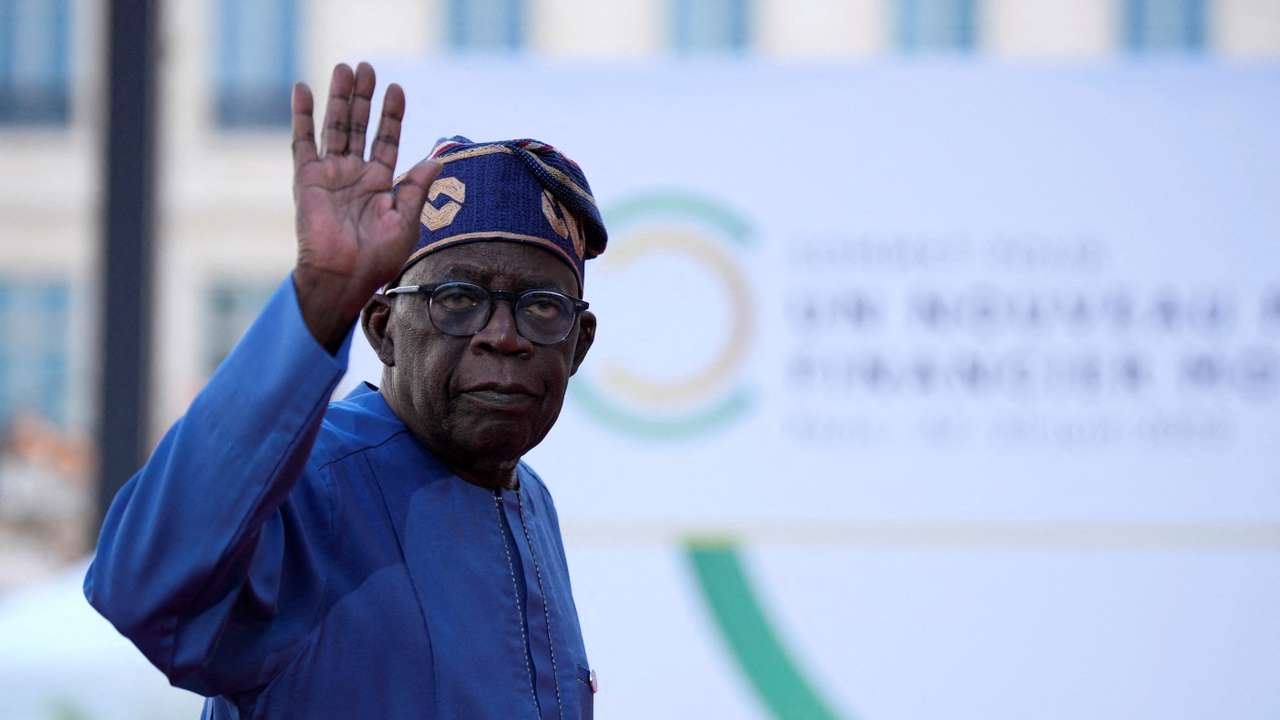Nigeria Roundup: Positive credit outlook, fuel scarcity, fake certificates

Nigerian National Petroleum Corporation trade words with marketers
The Nigeria National Petroleum Corporation attributes the ongoing fuel scarcity in the nation to panic buying and unethical conduct by certain petroleum marketers exploiting the current situation for profit. According to Punch, the corporation pledges to resolve queueing issues by the following week. Nevertheless, marketers refute allegations of malpractice, asserting their innocence regarding the scarcity. The NNPC spokesperson emphasises that the distribution by marketers is currently under scrutiny. Marketers are, however, advocating for heightened government intervention to saturate markets with fuel products. Nigeria is currently facing a severe fuel scarcity crisis, which has led to widespread transportation paralysis, increased costs for businesses and citizens, and overall disruption of daily life
Anti-malaria strategies
To enhance Nigeria's efforts in combating malaria morbidity and mortality, Nigeria's Ministry of Health and Social Welfare convened a gathering of key healthcare stakeholders and experts on May 4, as reported by Premium Times. The event, titled "Ministerial Roundtable Meeting: Rethinking Malaria Elimination in Nigeria," brought together representatives from national and international health organizations to reassess the country's approach and strategies towards malaria eradication. Despite Nigeria's sustained efforts to reduce malaria cases, it still bears the highest burden of the disease globally. According to the 2022 World Malaria Report, Nigeria accounts for approximately 27% of the global malaria burden and 31.3% of related deaths, marking the highest figures worldwide.
Fight against workers using fake certificates
Nigeria's Federal Government has raised concerns over the potential presence of individuals with counterfeit educational credentials within both public and private sectors. The Minister of Education, Prof. Tahir Mamman, voiced these apprehensions while receiving a report from an inter-ministerial committee mandated to investigate illegitimate academic degrees at his office on Friday, May 3, 2024. As reported by Pulse Nigeria, the Federal Government mandated the committee to scrutinize the operations of over 100 private universities and their counterparts in Benin Republic, Togo, and other nations following an exposé by a journalist from Daily Nigerian. The investigative report uncovered how certain diploma mills exploited loopholes in the Nigerian system to evade scrutiny. Mamman expressed dismay at the findings and pledged collaboration with relevant agencies to restore integrity to the education sector and eradicate counterfeit practices.
Northern leaders warn against relocation of US and French military bases
Northern leaders are warning against the relocation of US and French military bases from the Sahel to Nigeria. They are concerned about the impact on Nigeria's defence and security, as well as the potential negative effects on the economy and environment. As reported by BusinessDay, the leaders argue that hosting foreign troops could disproportionately affect lower-income populations and lead to environmental degradation. They also highlight Nigeria's historical opposition to defence agreements with foreign countries. Notable signatories to the letter include prominent figures such as former INEC chairman Attahiru Muhammadu Jega and former Minister of State for Petroleum Resources Kabiru Sulaiman Chafe.
Fitch upgrades Nigeria's credit outlook
Fitch upgraded Nigeria's credit outlook to positive from stable, attributing the change to fiscal and monetary reforms. The reforms include foreign exchange liberalisation, fuel subsidy removal, and electricity tariff hikes. According to Vanguard, the upgrades reflect a return of inflows to the official foreign exchange market and a notable rise in foreign portfolio investment. However, challenges remain, including high inflation and FX market instability. The Central Bank of Nigeria has raised the monetary policy rate, and further increases are anticipated. Moody's also revised its outlook for Nigeria from stable to positive in December 2023.